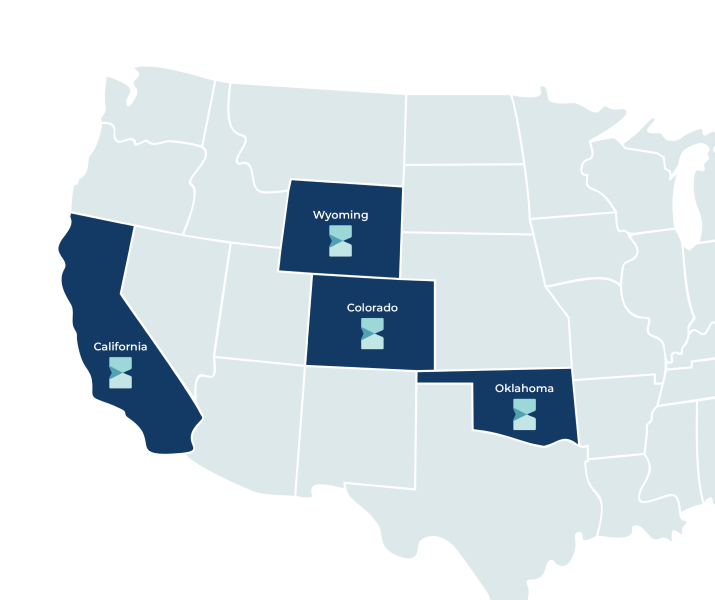
The Relationship Between Migraines and Your Teeth
Everything from the weather to hormones can trigger migraines, but did you know that dental issues can also cause migraines?
Dental issues that might be causing your migraines
According to the Migraine Research Foundation, a billion people globally suffer from migraines. Though some use the words migraine and headache interchangeably, headaches are actually symptoms of migraines. Headaches are typically short-lived and cause a steady aching sensation in your temples, forehead, or neck. In contrast, migraines cause more severe, throbbing pain — often on one side of the head — and may be accompanied by dizziness, nausea, vomiting, facial tingling, or sensitivity to light and sound.
While common migraine triggers include hormones, medications, weather, and environmental factors, dental issues can also be a root cause. Here's how:
Toothache:
A toothache from untreated cavities, cracked teeth, or impacted wisdom teeth may irritate the trigeminal nerve — which provides sensation to your teeth, gums, and face — potentially triggering a migraine.
Referred tooth pain to the head:
Referred pain occurs when nerve signals confuse the brain about where the pain is coming from. A dental problem may feel like a headache, or vice versa, due to the trigeminal nerve's wide reach.
Bruxism (teeth grinding):
Bruxism, often caused by stress or misaligned teeth, involves clenching or grinding the teeth — especially at night. This can trigger dull headaches, often around the eyes or temples, and lead to jaw tension, morning headaches, or difficulty opening your mouth.
Cavernous sinus thrombosis:
Though rare, untreated dental infections can lead to a life-threatening condition called cavernous sinus thrombosis. Symptoms include severe headaches, high fever, swollen eyelids, and eye pain or movement problems.
Underlying health issues
Several health conditions can cause both dental and migraine-like pain — even when they aren't directly related to oral health.
Sinus infections:
Sinus headaches can cause pressure and pain around the cheeks and eyes, sometimes mimicking dental pain or triggering headaches.
Trigeminal neuralgia:
This nerve disorder causes severe, shock-like facial pain, often mistaken for a toothache. Many people undergo unnecessary dental work before receiving a correct diagnosis.
Temporomandibular Joint Disorder (TMJ/TMD):
TMJ affects the joint connecting your jawbone to your skull. Symptoms include headaches, jaw pain, earaches, and difficulty opening or closing the mouth. TMJ-related headaches often begin near the ear and radiate toward the jaw or temple.
Home remedies to alleviate and prevent orofacial pain
Try these simple strategies to ease migraines and dental-related facial pain:
Take over-the-counter painkillers:
Non-steroidal anti-inflammatory drugs like ibuprofen or aspirin can reduce inflammation and provide relief from migraines and toothaches.
Get enough sleep:
Poor sleep can increase your risk of both migraines and dental issues. Rest in a quiet, dark room if you feel a migraine coming on.
Drink more water:
Dehydration is a major migraine trigger and can also contribute to dry mouth or dental decay. Stay hydrated with fluoridated water to strengthen enamel and support oral health.
Take a magnesium supplement:
Magnesium supports calcium absorption, promoting strong teeth. Studies also show it can help prevent or reduce migraine frequency.
When to see a professional
If you’re experiencing migraines linked to dental issues — like toothaches, bruxism, or TMJ — it’s time to make an appointment with your dentist. From fitting you with a night guard to treating cavities or evaluating jaw function, your dentist can help manage orofacial pain.
Even if you’re not currently experiencing pain, it’s important to schedule routine dental visits twice a year. Early detection and consistent care can prevent more serious problems later on.
Schedule an appointment with Espire Dental today!

Stop putting off your smile
Book your visit now—it’s easier than you think
Find your Espire location
